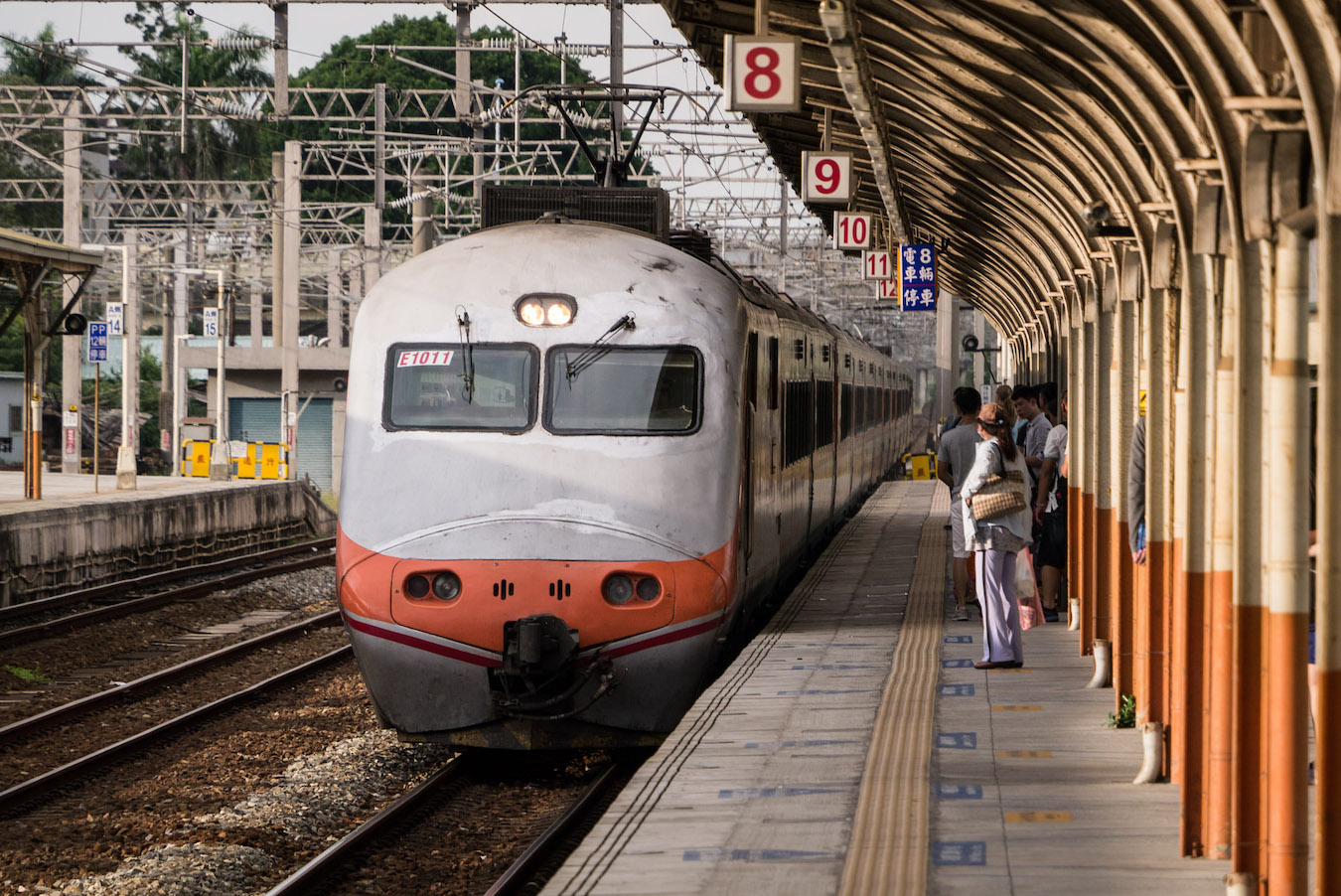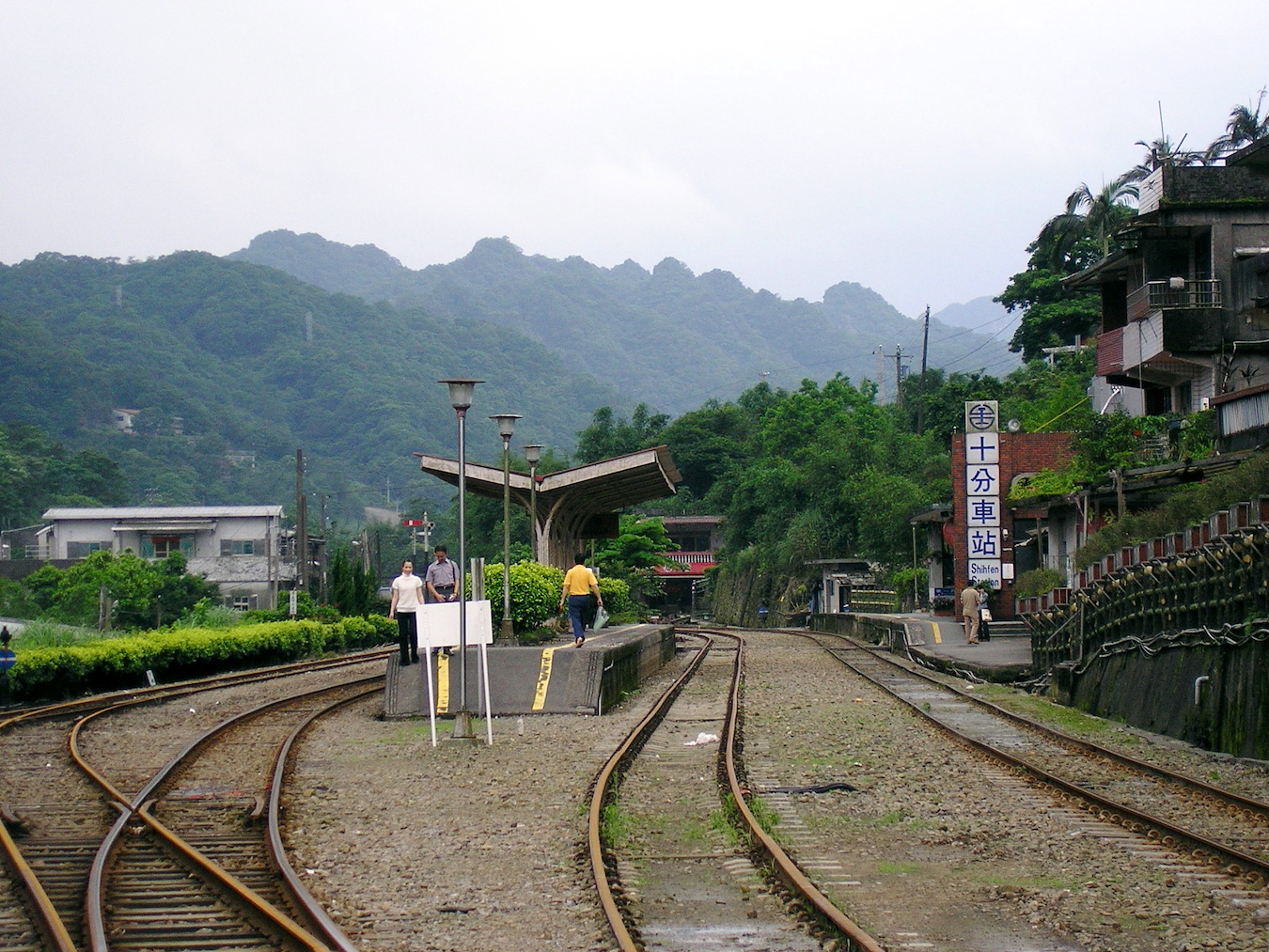by Brian Hioe
語言:
English
Photo Credit: Lexcie/WikiCommons/CC BY-SA 3.0
THE MULTI-YEAR SAGA of the Taiwan Railways Administration’s (TRA) corporatization continues, with the Taiwan Railways Union (TRU) threatening a strike on May 1st over debt issues faced by the TRA. May 1st is commemorated as International Workers’ Day, or May Day, in Taiwan and many other parts of the world.
Though this is far from the first strike that the TRU has threatened over the issue, the issue is one with greater expediency than in the past, seeing as starting on January 1st next year, the TRA will transition from a government agency to a state-owned corporation. The TRA will subsequently become the Taiwan Railways Corporation.
Namely, after a cabinet reshuffle in February, the Directorate-General of Budget, Accounting and Statistics (DGBAS) decided that the TRA would have to turn over five additional plots of land from three plots that had previously been turned over as collateral for a debt repayment fund. The DGBAS also decided that the debt repayment period for the TRA would be shortened to twenty years from the current fifty-year period specified.
 Photo credit: billy1125/WikiCommons/CC BY 2.0
Photo credit: billy1125/WikiCommons/CC BY 2.0
In particular, workers are cautious about the significant debt owned by the TRA because it is thought to be one of the reasons as to why the government wants to corporatize the TRA. There is more than 140 billion NT owed by the company at present.
Although corporatization does not mean privatization, workers have sometimes taken the view that the corporatization of the TRA will be de facto privatization. While the government claims that this will lead to greater efficiency and safety for the company, workers point to how the TRA more than halved its number of workers between the 1970s and 2000s, despite growing numbers of riders. It is suggested that this endangers not only workers, but passengers.
Workers were cut from 22,500 to 12,500 in this period. As a result, the same number of workers became responsible for greater distances and higher numbers of passengers. The TRA currently has 14,264 full-time employees but still reportedly faces issues with manpower shortages.
Indeed, the TRU announced its plans to possibly strike to mark the second anniversary of the 2021 incident involving a Taroko Express train crashing into a truck that slid into the path of a tunnel. 49 were killed and 213 injured in what was Taiwan’s deadliest rail crash in history, surpassed only by a 1948 fire.
Workers have warned that cuts in the number of workers or to their benefits through corporatization, will make rail travel more dangerous rather than safer, with workers made to work more hours for less pay. Likewise, one notes that the cause of the crash was not TRA workers themselves, but because safety measures were not being followed on a construction site for rail construction, with work taking place on the Tomb Sweeping Holiday despite that there should have been no work taking place at the time.
 Photo credit: Changlc/WikiCommons/Public Domain
Photo credit: Changlc/WikiCommons/Public Domain
But the Ministry of Transportation and Communications (MOTC) has sought to use the incident to justify a renewed push for corporatization. This has continued in the present, with Minister of Transportation and Communications Wang Kwo-tsai linking the tragedy to the corporatization of the TRA in comments made to commemorate the two-year anniversary. These comments were made at the TRA Fugang Mechanical Engineering Depot in Taoyuan, where two damaged carriages from the incident are stored as part of a memorial.
The MOTC has pressed forward with plans for corporatization in spite of opposition from TRA workers. A strike on International Workers’ Day last year involved 12,000 of 16,000 TRA workers, including 1,300 train drivers, meaning that there were few trains available across Taiwan.
A follow-up strike for the Dragon Boat Festival that would have involved 1,348 of the TRA’s 1,400 drivers refusing to work overtime would have also paralyzed rail traffic across Taiwan. However, this strike was called off by the TRU as a concession and sign of goodwill to management. It is likely that the TRU will be increasingly willing to act on threat strikes as the January 1st deadline continues. The corporatization has already been signed into law, but action may still take place before then.

